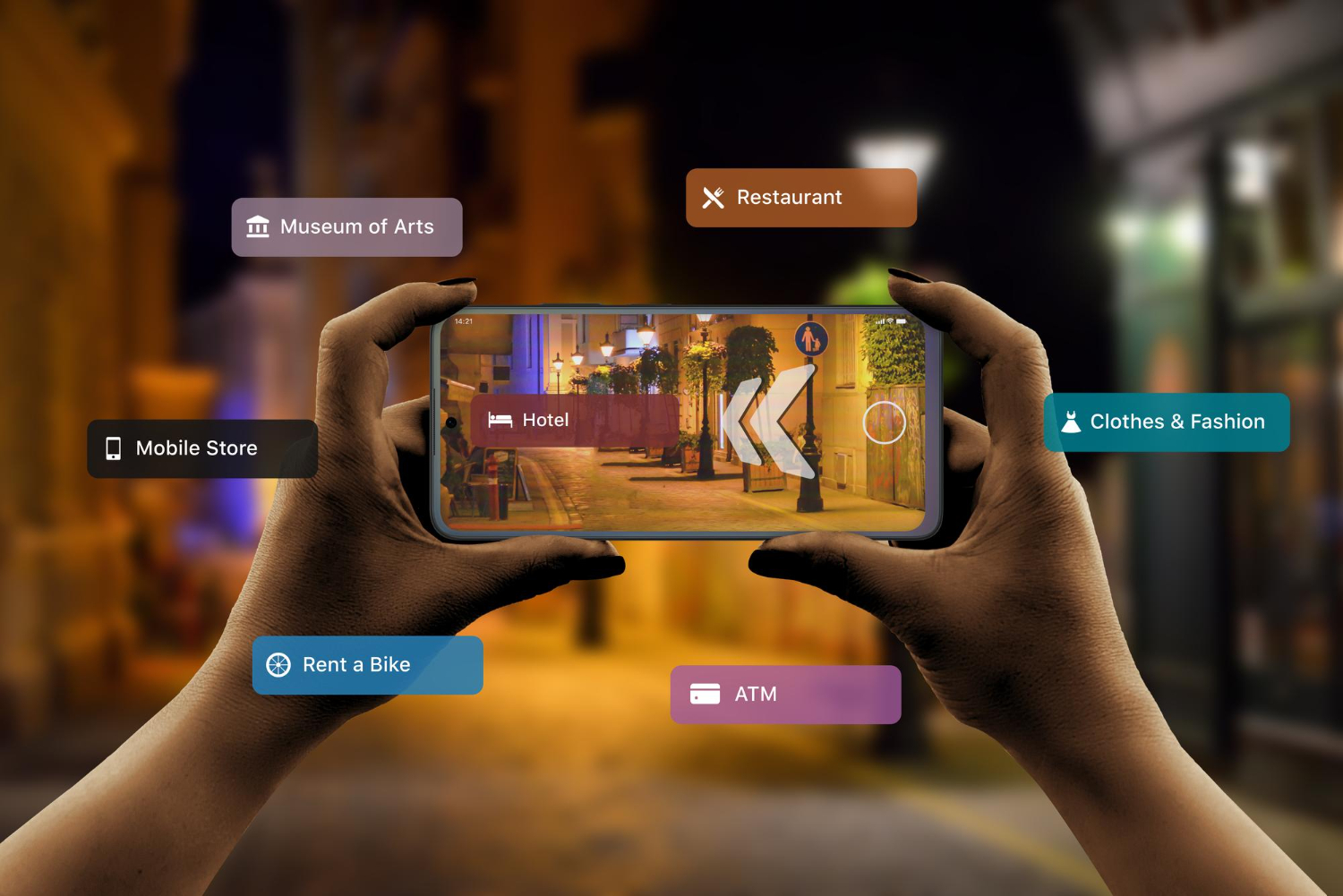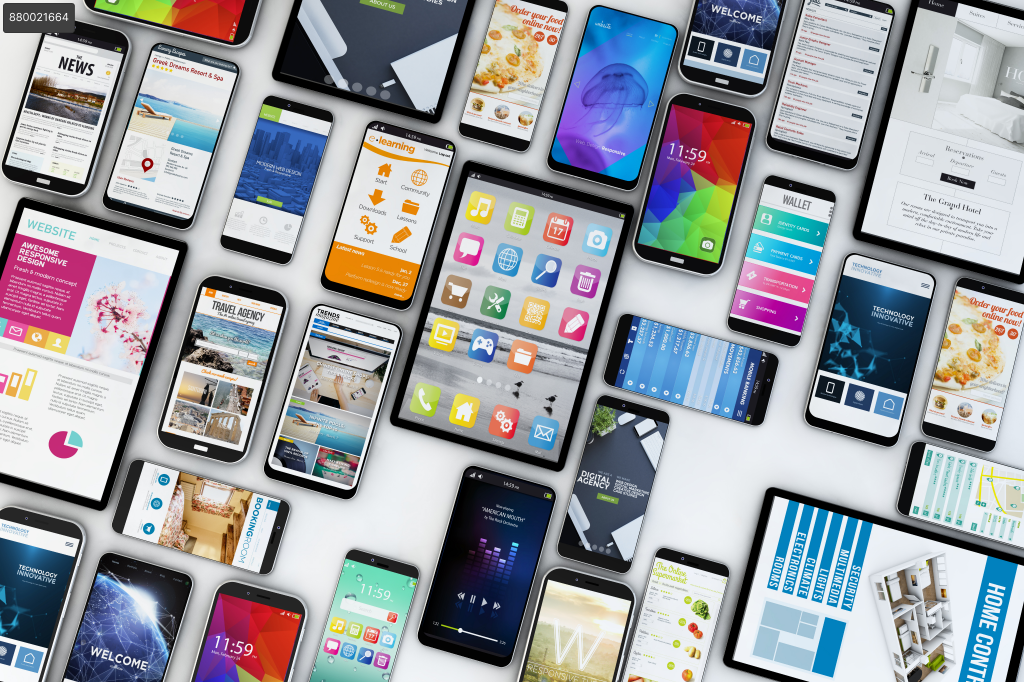
In the current scenario of mobile app development, we come across several leading technologies, each with its peculiarities and benefits.
Swift (iOS)
Swift is the primary language for application development on Apple’s iOS operating system. This option offers significant advantages, such as clean syntax, fewer runtime errors, and excellent user interface. High-speed development and efficient memory management are other perks of Swift. However, being exclusive to Apple, it does not allow for cross-platform development
Android (Java/Kotlin)
Android, with its dominant languages, Java and Kotlin, is the preferred choice for developing applications for Android devices. It offers deep access to the phone’s operating system, allowing greater customization than other platforms. The main disadvantage is that it requires more development and testing time due to the fragmentation of the Android operating system.
Flutter
Flutter, developed by Google, allows the creation of native applications for Android and iOS. Its main appeal is the ability to develop both applications from a single code base. The learning curve can be somewhat steep, but once overcome, Flutter offers high-speed development and performance. Its programming language, Dart, is easy to learn if you already know JavaScript or Java.
Ionic
Ionic is another mobile application development framework that allows the creation of cross-platform applications with web technologies (JavaScript, CSS, HTML). Although it does not provide as high performance as Flutter or native applications, it is highly adaptable, and its learning curve is smooth for web developers.
QualitApps’ choice for mobile application development
Our choice of technology for mobile application development is guided by the specific needs of the project. We opt for native programming with Swift for iOS or Java/Kotlin for Android when the requirement is limited to a single platform. This decision allows us to leverage the full functionality and performance that each operating system provides.
However, when an application is required to be available on both iOS and Android, we advise the use of Flutter. This framework allows us to maintain a single code base, facilitating consistency and efficiency in application development and maintenance.
We recommend the use of Ionic when the project not only needs to be deployed on both mobile platforms but also requires to be executable on the web. Ionic, with its base in web technologies, offers a robust solution for cross-platform applications that require a high degree of adaptability.
Thus, our recommendation will always be to choose the technology that best aligns with the project’s needs, considering both performance and functionality requirements, the development team’s preferences, and the delivery deadlines.





